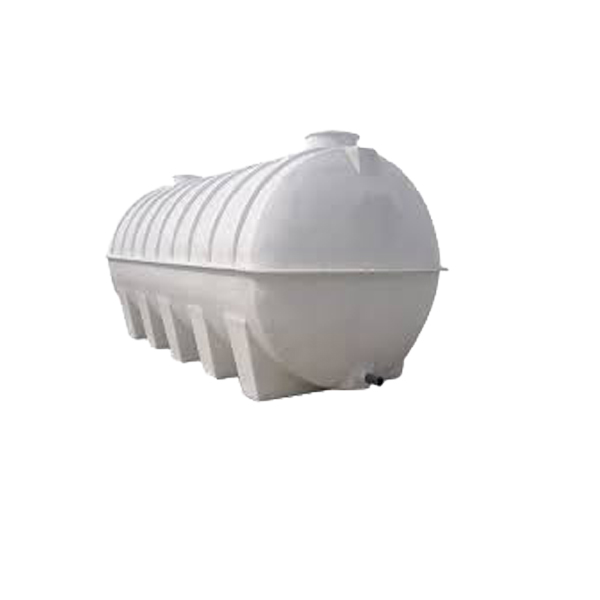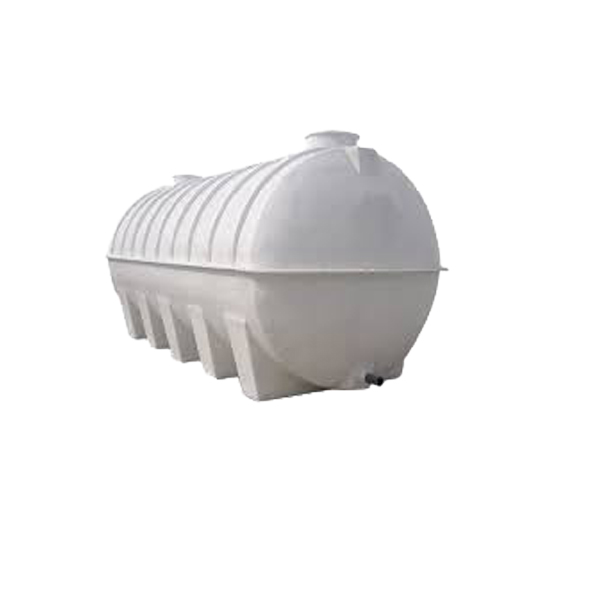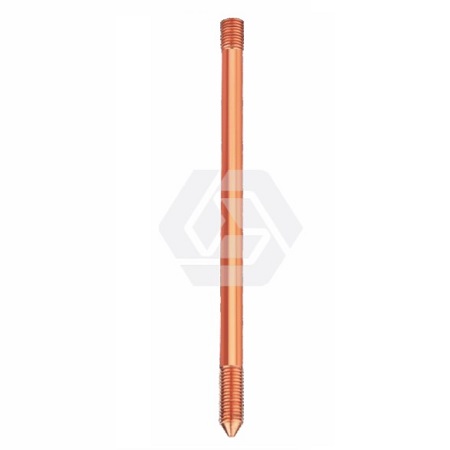PVC Underground Water Tank 3 Layers
BRAND: Generic
- Lightweight and Simple to Install: Simple installation and transportation lower expenses.
- Low Maintenance: Does not require much maintenance and does not develop biologically like algae.
- Environmentally friendly: PVC is recyclable and can be used to collect rainfall. …
Item Code: ATIL-104
Categories : Water Tank
Tags : PVC Underground Water Tank, Underground Water Tank
 Cash on delivery not available
Cash on delivery not available
 Return not allowed
Return not allowed
.jpg)
.jpg)
.jpg)


.jpg)
.jpg)


.jpg)
.jpg)
7.jpg)
